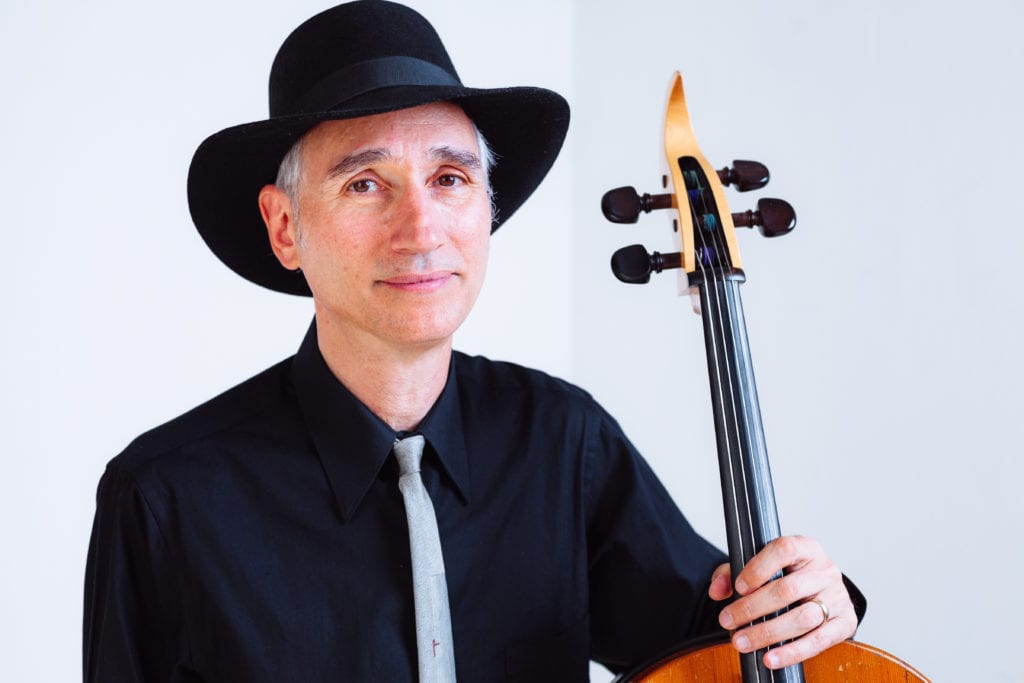
In his college days, cellist Gideon Freudmann loved to practice at sunset, improvising a soundtrack for the clouds as they changed shape in front of him. Since then, Freudmann has built a career composing soundtracks for motion pictures, both new releases and classics of the 1920s.
During the silent era, films were usually screened along with a live musical accompaniment. Freudmann has done what he can to remind audiences that seeing a movie and going to a concert needn’t be an either/or proposition.
“Nowadays, if you go watch a movie twice in a row, you’re going to see and hear exactly the same thing,” Freudmann said. “But, if you go to see a silent film with live music, it will be different every time.”
Since first visiting Alaska with the Portland Cello Project, Freudmann has returned as often as possible. His 2020 Alaska tour will kick off at 7 p.m. Feb. 16 with an appearance at Cordova’s North Star Theatre. Freudmann will play selections from his previous albums, as well as performing a live soundtrack for “Sherlock, Jr.”, a 1924 comedy film directed by and starring Buster Keaton.
In a film so overflowing with imaginative pratfalls and action stunts, timing is everything. Executing precisely cued scene transitions is, for Freudmann, the toughest part of playing a live soundtrack. It requires a thorough familiarity with the film — something Freudmann doesn’t lack when it comes to Buster Keaton.
“Keaton is just so funny and so timeless,” Freudmann said. “But I find that these films are more timeless if you don’t have an old soundtrack. Sometimes, I’m watching a silent film and the embedded soundtrack makes it seem sort of stale and dated. An updated soundtrack really breathes new life into the film and makes it feel more current.”
Freudmann has also composed extensively for German expressionist films, a genre marked by bizarre imagery and an unsettling, dreamlike style. The influence of German expressionist films like “The Cabinet of Dr. Caligari” can be seen on later, less avant-garde, horror and crime thriller movies.
“They’re really entertaining, but they’re usually kind of dark,” Freudmann said. “Even though they’re not really scary by today’s standards, people think they will be, so they’re hesitant to bring kids… But I think ‘Toy Story’ is probably more scary than the average German expressionist film!”
Freudmann’s performance in Cordova will be followed by stops in Valdez, Anchorage, Skagway, Haines and Petersburg. Having never before explored Alaska south of Seward, Freudmann said he also looks forward to hiking around Cordova, if possible.





